
7 procurement trends and predictions for 2024
We asked Zip leaders to share their vision for procurement in 2024.

What’s going to happen in procurement in 2024? We’re glad you asked!
We asked leaders at Zip to share their thoughts on the key trends and predictions that will likely impact the procurement landscape over the next 12 months.
So, without further ado, let’s gaze into the crystal ball and uncover the top procurement trends and predictions for 2024 👇

1. AI Unleashed: Enterprise will fully embrace AI for insights and a competitive edge
Following the lead of startups, large enterprises are expected to fully embrace AI technologies for operational efficiency and innovation, overcoming early concerns about data, security, and accuracy.
While enterprise largely approached AI with caution in 2023, this trend is set to shift dramatically in the new year. Zip Co-Founder and CTO Lu Cheng explains:
"Startups will continue to innovate and utilize AI solutions, and as a result, their success stories will pave the way for larger enterprises to follow suit.”
“These organizations will witness firsthand the practical applications and benefits of AI, particularly in automating mundane tasks and catalyzing their own adoption of AI technologies.”
Rujul Zaparde, Co-Founder and CEO of Zip agreed, and noted the necessity of integrating AI into enterprise systems to both enhance the employee experience and to gather the insights necessary to stay ahead of the curve.
"Companies will be expected to fundamentally transform and humanize their customer interactions, using AI as the driving force."
“This shift involves introducing a unified, centralized entry point in the procurement system through an advanced intake solution. However, simply having an intake system is no longer sufficient. AI integration becomes crucial for garnering deeper insights into the procurement process.”
Zaparde believes that companies operating intake without AI in 2024 will be missing out on critical process insights, the ability to effectively manage spend, and achieve tangible cost savings. More and more enterprise companies will realize that without an intelligent procurement system, they might be left in the dust.
In sum: if 2023 was the year business discovered what is possible with AI, 2024 is the year they determine what is practical.
2. Generative AI adoption will slow down more broadly amid regulatory hurdles, with focus shifting to data usability
It’s not all sunshine on the horizon—due to increasing federal scrutiny, progress in AI is likely going to make fewer waves broadly than it did in 2023. Enterprise companies will integrate AI practically, but cautiously.
Nick Heinzmann, Head of Research at Zip, explains his prediction:
“While pilot initiatives will be numerous, many may not achieve the desired outcomes, tempering enterprise enthusiasm.”
“As the AI evaluation intensifies, vendors will face heightened scrutiny. Yet, this scrutiny could pave the way for a more data-centric, user-friendly application landscape.”
There’s no doubt that AI is here to stay, but AI expectations, particularly in enterprise, will be grounded in its functional optimizations rather than the previous year’s industry-shaking aspirations.
3. 2024 will witness the rise of Intake-to-Pay—dethroning Procure-to-Pay—forcing outdated systems to either adapt or become obsolete
Nick predicts that intake-to-pay is set to eclipse the traditional procure-to-pay and source-to-pay processes, becoming the fundamental bedrock process of procurement.
Heinzmann said:
“Intake will continue as its own category, and it will become an essential component of procurement, embedded at a faster pace as vendors look at intake as a single front door for any and all source-to-pay processes.”
Legacy procure-to-pay approaches are far too limiting, Heinzmann thinks. Firms will explore new methods and systems to improve procurement processes in 2024.
“As vendors increasingly treat intake as the cornerstone of the source-to-pay cycle, this evolution will spotlight firms solely reliant on the older procure-to-pay approach, nudging them to either incorporate intake with existing partnerships or seek alternative avenues to enhance the efficacy of their processes.”

4. The orchestration layer will emerge as the central conductor of financial ecosystems
Everything's coming together in 2024! Orchestration will become the impactful and unifying force for financial systems and operations, redefining how businesses manage their finances in the fully-digital era.
Rujul Zaparde lays it all out:
“The era of isolated, purpose-built applications for different financial functions is fading, giving way to the need for an orchestration layer that seamlessly connects these disparate systems.”
“CFOs, weary from the high failure rates of past digital transformation projects, are seeking solutions that offer full visibility without the need for extensive overhauls.”
The answer is through integrating financial systems through an orchestration layer, enabling better communication and visibility without extensive system overhauls.
“The orchestration layer presents a strategic overlay that enables compatibility and visibility among existing systems, allowing for flexible adjustments and enhancing the chances of successful digital transformation.”
Zaparde notes that, according to Deloitte, 70% of digital transformation projects fail.
“The key to this shift is not a complete system replacement but the implementation of a unifying orchestration layer, providing the much-needed connective tissue between purpose-built technologies.”
"Procurement's role transforms from a restrictive gatekeeper to an enabler, opening doors for comprehensive involvement in business decisions."
5. The new winners will adopt automation for procurement and strategic sourcing
Goodbye vendor sprawl! 2024 will be the year businesses fully lean into automation to manage vendor spend efficiently, focusing on their own core competencies, differentiation, and strategic partnerships.
As businesses will continue to outsource their undifferentiated work to outside vendors, Lu Cheng believes it will be more critical than ever to utilize automation for managing vendor relationships and spend.
Cheng wrote:
"Organizations equipped with an automated procurement process will be better positioned to tackle challenges, minimize costs and foster long-term success."
“This shift towards automation in procurement is not just a matter of operational efficiency, it's a strategic move that can define the winners in the business landscape of 2024.”
This shift arguably started due to AI-powered workflow accelerations in procurement platforms like Zip. Expect more optimization through automation that helps companies focus and streamline operations in the new year.

6. A paradigm shift in vendor management will push beyond traditional ERP systems, and into strategic, data-driven B2B partnerships built on trust
Vendor management is evolving in 2024, with businesses increasingly relying on a diverse array of vendors—many now fully AI-powered—to overcome operational and business challenges.
In leveraging SaaS automation, AI-vendors, and outside consultants, Zip CTO Lu Cheng offers that a thoughtful, strategic approach to vendor management will become absolutely essential.
"Business leaders will need to ensure employees are being particular in what they choose to invest in, while not letting never-ending subscriptions and unnecessary purchases fall through the cracks."
“The problem is — there’s a lack of business solutions for managing vendor spend. While solutions exist for customer and employee management, there isn’t yet a gold standard for vendor procurement and spend management.”
The focus will need to be on making judicious investments and avoiding unnecessary expenditures, and Cheng gives some birds-eye view advice for leadership:
“To effectively navigate the increasing complexities of vendor spend, businesses will need a holistic and strategic approach to vendor selection, ultimately ensuring that technology investments align with their specific business goals.”
Nick Heinzmann also believes companies will seek new approaches and standards in B2B interactions, seeking strategies that bridge the gap between ERP functions and modern procurement needs.
“The next evolution of ERP will take center stage, emulating the strategies of Salesforce's customer-centric model and Workday's employee data approach; organizations will be looking at a similar shift towards a more inhouse approach for procurement.”
In a sense, companies will become more dependent on their most trusted relationships, and will therefore double down on nurturing and building upon this foundational trust in sourcing and purchasing—and will seek tools to help do so.
“While ERP will persist as the primary accounting and financial record-keeper, enterprises will hunt for a new standard for B2B interactions. As consolidation persists, the realization that ERP can't singularly manage vendor processes will crystallize.”
Zip CEO Rujul Zaparde agrees, stressing the need for building stronger, more transparent partnerships in a shifting landscape.
“The evolving regulatory environment, spanning from new AI regulations to changes in SEC policies, necessitates a closer, more transparent partnership with vendors.”
"The focus for 2024 and beyond will be on transforming vendor relationships from a transactional nature to one driven by mutual incentives and cooperation."
7. Suite solutions are coming back with a vengeance
In contrast to traditional best-of-breed solutions, suite solutions will see a revival—with an increased focus on eSourcing and integrated procurement tools.
Nick Heinzmann, Head of Research at Zip, explains:
“With the pendulum swinging [towards suite-centric strategies], the shift toward consolidation not only paves the way for an influx of product suite providers but also renewed interest in foundational, ‘back to basics’ practices such as eSourcing.“
“Industry stragglers will need to quickly adapt and start integrating these procurement tools into their tech stacks.”
As procurement operations continue to grow in 2024, having a full-suite solution to manage the entire procurement process will be a key benefit to companies looking to move fast and win in the new year.
View our webinar discussing the predictions on the future of AI in Procurement!
Ready to learn more about what’s on the horizon? 🔮
View our on-demand webinar, ‘2024 Procurement Predictions: AI, Automation and Emerging Trends’, for a fascinating discussion on the ways generative AI will transform Intake management, insights, and stakeholder engagement.
In this webinar you’ll get:
- The latest insights into how AI and intake management are being adopted in procurement
- Real-world examples of how companies are driving 10X efficiencies without adding headcount
- Top predictions for how procurement functions will evolve in 2024 and beyond in response to macro and technology trends

Maximize the ROI of your business spend
.avif)
Enter your business email to keep reading





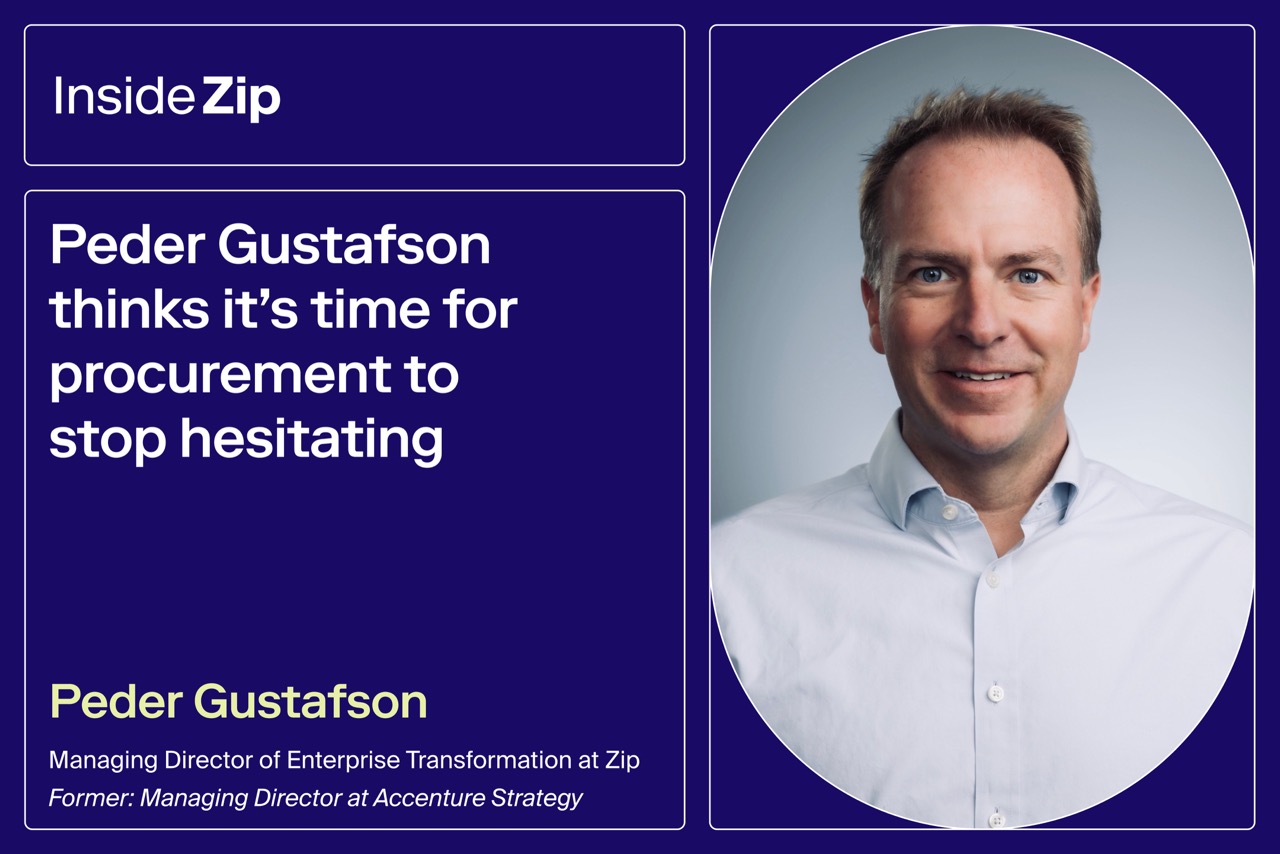
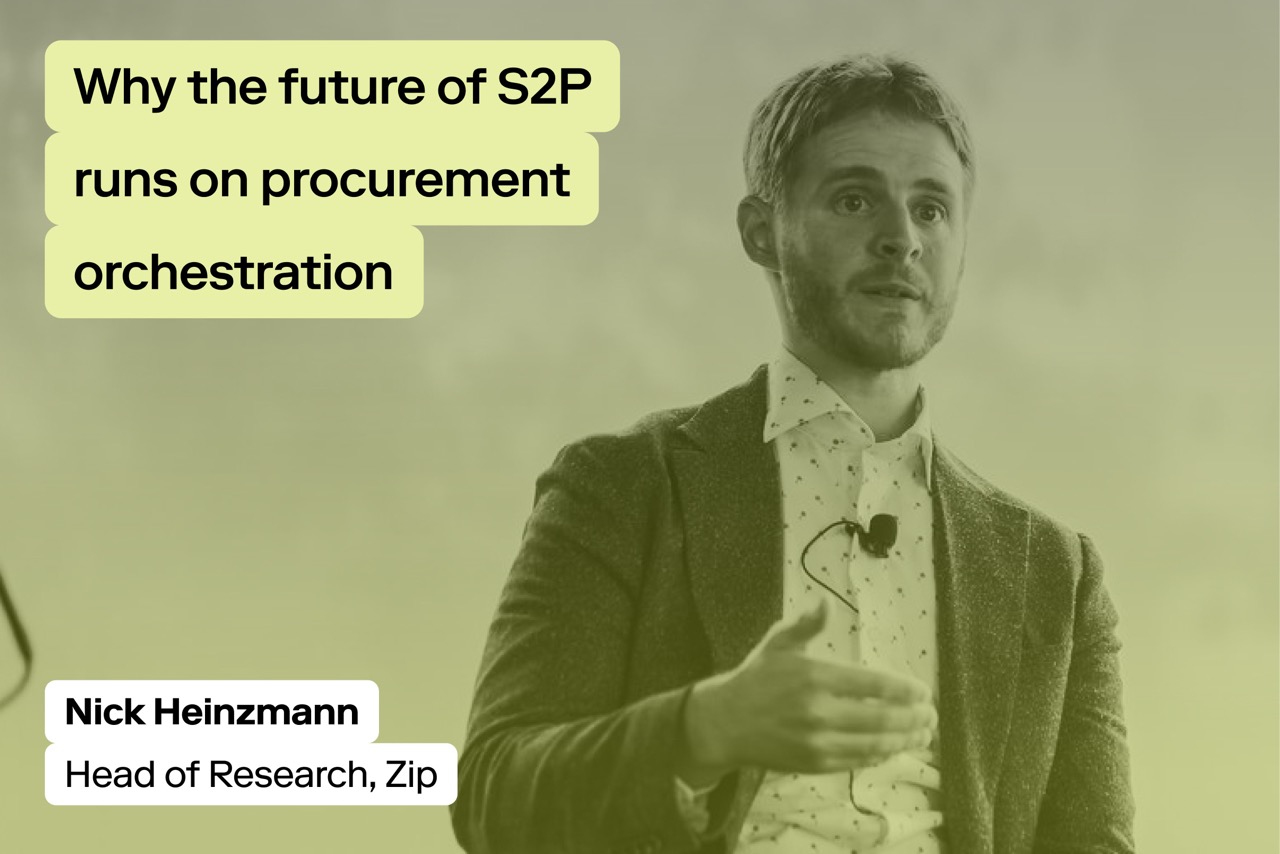


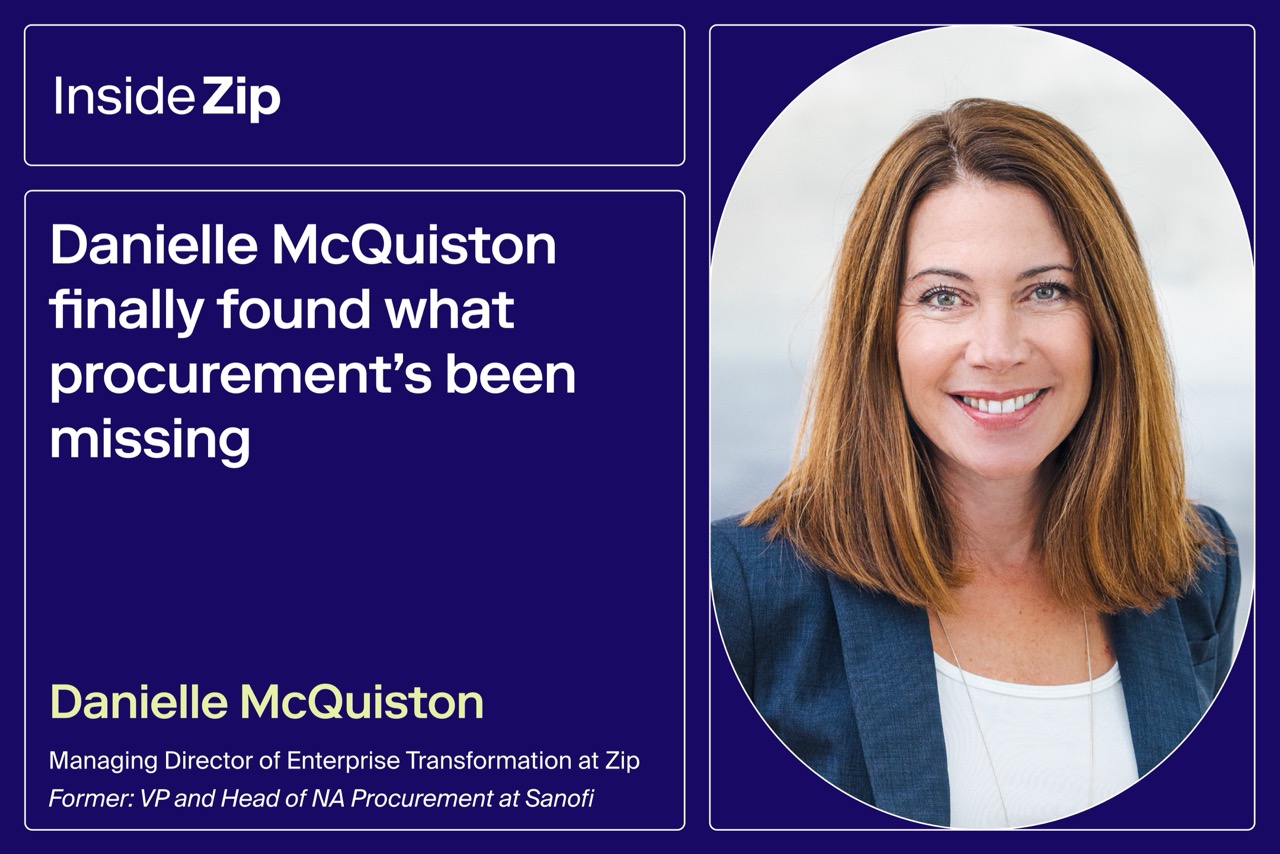

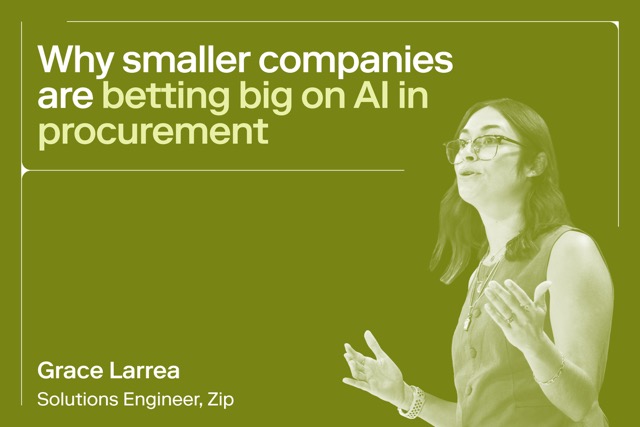
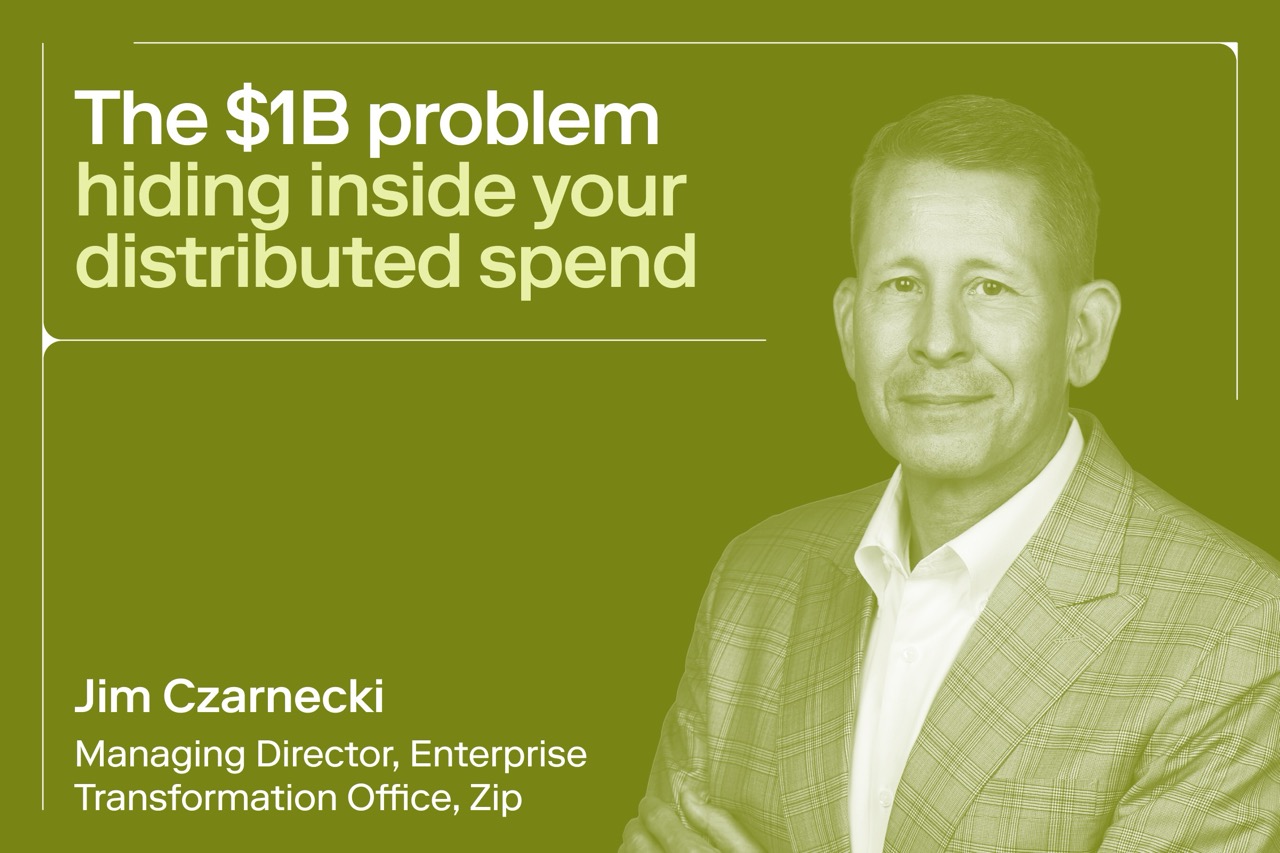
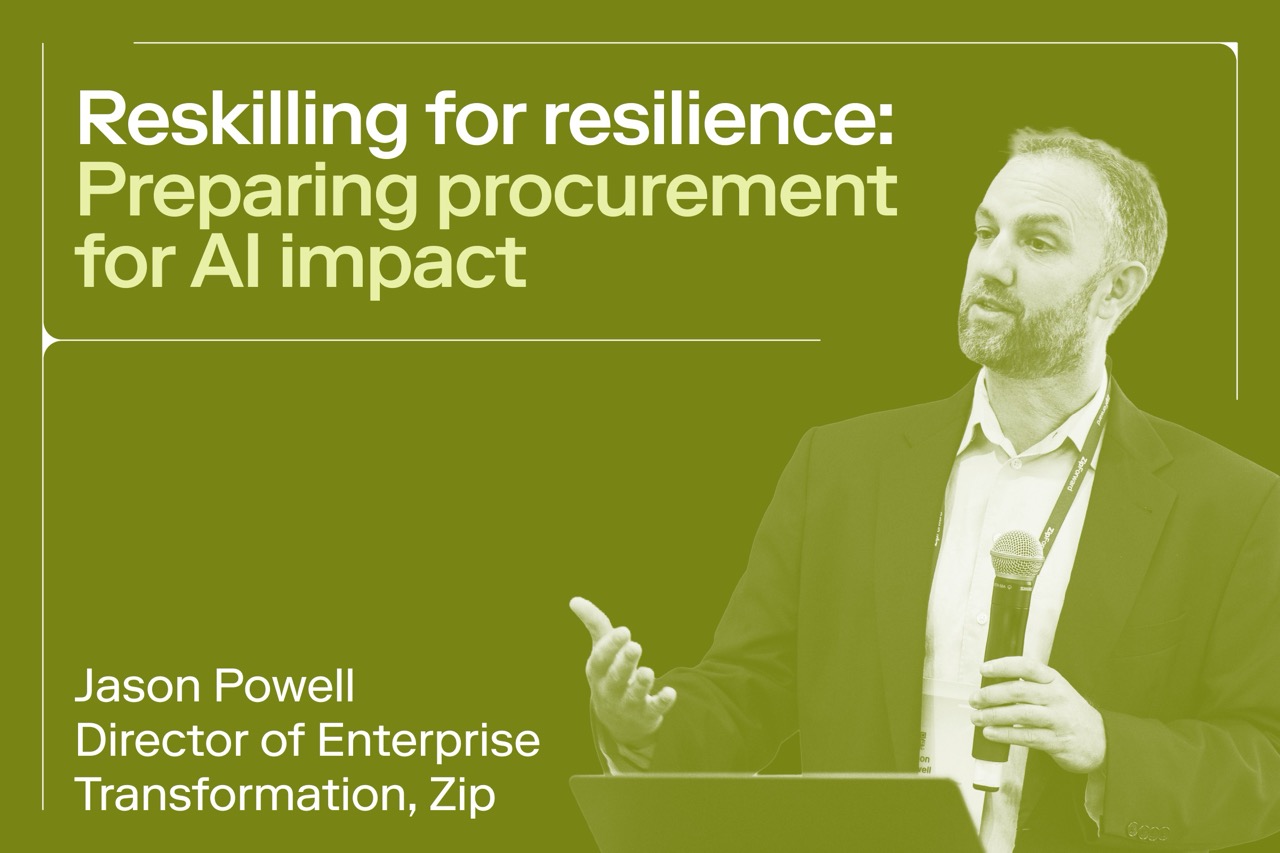
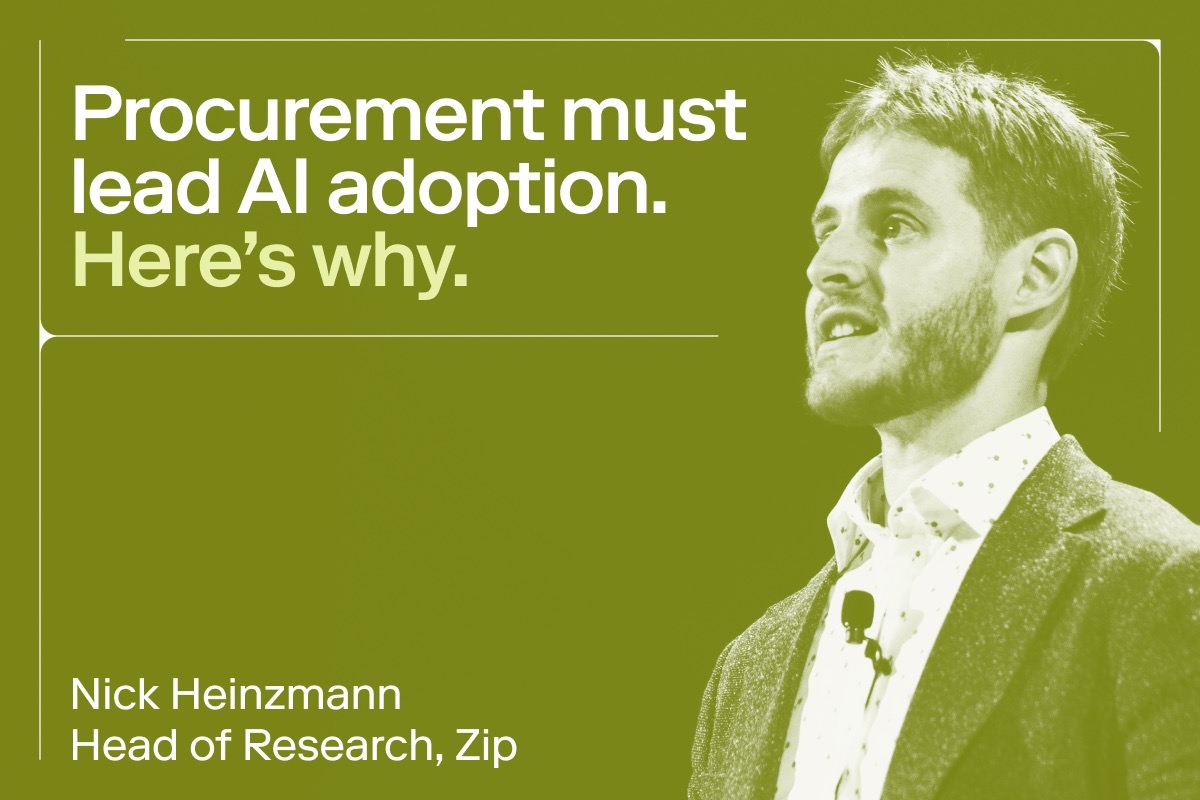









%20Large.jpeg)





.webp)

















